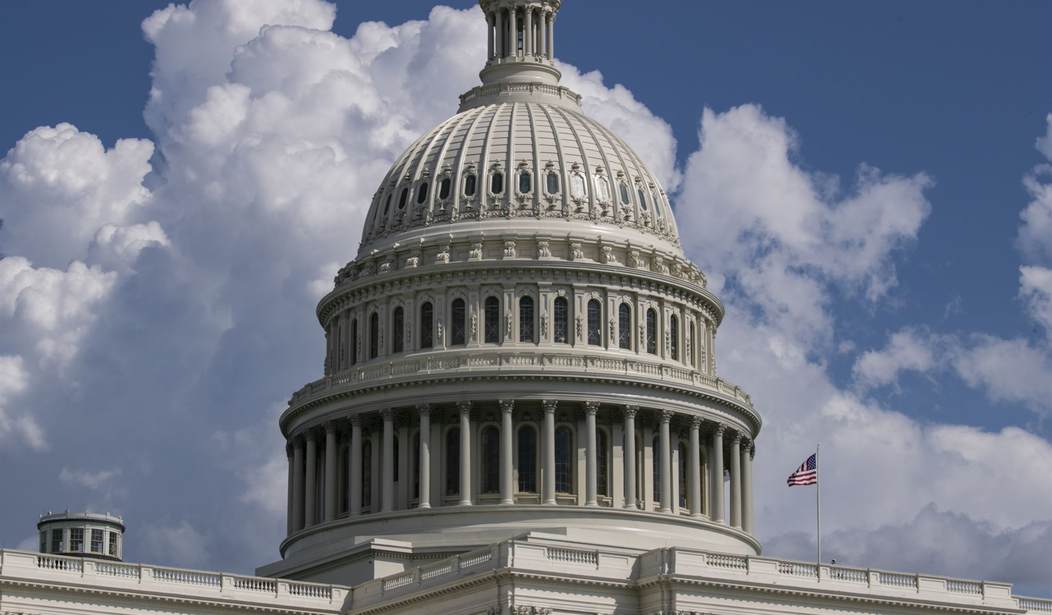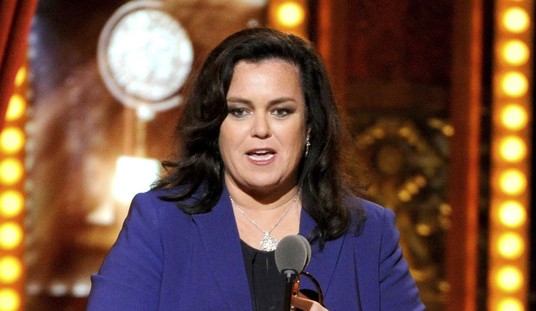The political climate for Republicans going into 2022 could hardly be better. The inflation rate is historically high and is expected to stay that way well into 2023. There’s an incipient revolt among parents who are rebelling against arrogant school boards and left-wing teachers’ unions. Also, friendly redistricting maps being drawn by red states should increase GOP advantages in House races.
Individuals and states are pushing back against Joe Biden’s hated vaccine mandate. And there is a sense that no one is in charge in Washington as the nation drifts from crisis to crisis.
Add to that the historical realities being faced by Democrats that give an overwhelming advantage to the GOP and you have the perfect political storm that could generate a red wave of historic proportions.
But to catch that wave, Republicans are going to need a record amount of fundraising, a decent message to take to the voters, and competent, attractive candidates to sell that message to voters.
The GOP should have no problem fulfilling the first two requirements in that scenario. But at the moment, Republicans are having a difficult time attracting “triple threat candidates” — candidates who are good at fundraising, can articulate a conservative message, and have good name recognition.
Recently, Republicans were disappointed to learn that New Hampshire’s popular governor, Chris Sununu, had decided to run for a 4th term rather than run for the Senate. It’s a blow because Maggie Hassan, New Hampshire’s Democratic Senator running in 2022, is a prime target for the GOP.
Related: Republicans’ Chances of Reclaiming U.S. Senate Take a Hit
Republicans have their own seats to defend against strong Democratic challenges in Pennsylvania and Missouri where Republicans can’t seem to get out of their own way and a potential pickup in Georgia that may fall by the wayside.
Some of them are already facing attacks for domestic and sexual abuse scandals, candidates such as Sean Parnell in Pennsylvania, whose estranged wife claims he assaulted her and their children; former Gov. Eric Greitens in Missouri, who allegedly sexually assaulted his hairdresser and resigned from office mid-term; and Herschel Walker in Georgia, the retired football star whose ex-wife says he threatened to shoot and kill her.
“The thing that is looming is ‘are we going to f— up recruitment?’” asked one Republican Senate strategist, describing multiple current GOP frontrunners as “ne’er-do-wells.”
Thanks to Bill Clinton, sexual peccadilloes aren’t as damaging as they used to be. But they leave an opening for a Democrat to exploit during a tight campaign.
Sununu’s refusal to run doesn’t end Republican chances for a pickup in New Hampshire, just like Arizona’s Governor Doug Ducey’s decision not to run for the Senate doesn’t doom Republican efforts to pick up Mark Kelly’s Democratic Senate seat. But in a contest for all the marbles, it helps if the very best candidates step forward. And some of the best GOP candidates are playing hard to get.
Some Republicans see chances to score wins in deep blue states like Maryland and Vermont or at least force Democrats to spend extra money playing defense — if only the states’ popular moderate Republican governors were willing to take the leap.
Vermont Gov. Phil Scott won re-election by 15 percentage points in 2018, the same year his famously progressive state overwhelmingly handed independent Sen. Bernie Sanders a third term. But Scott, who didn’t vote for Trump and is at odds with his national party on some key issues, has said he has no interest in a Senate bid, even though he’s the only Republican in the state who could pose a real threat to Democratic Sen. Patrick Leahy next year.
Republican strategists are beginning to believe that almost any seat is in play — even in deep-blue Maryland where Governor Larry Hogan has won two terms running as a moderate.
Doug Mayer, a Republican strategist and adviser to Maryland Gov. Larry Hogan, said that the interest in Hogan’s running for the Senate next year “has been high for a while” and that it increased after the strong GOP performances last week in Virginia and New Jersey.
But Hogan — a rare two-term Republican governor who has been critical of Trump — has said he has no plans to run. “Nothing that’s happened recently has changed that,” Mayer said Tuesday.
It’s a tough race to commit to especially this far out. But conditions for Democrats aren’t likely to get any better.
Republicans are defending 20 seats in 2022 to the Democrats 14. That numerical disadvantage disappears when you look at where those races are being run. Most GOP seats are in “safe” states where the incumbent will receive 55-60 percent of the vote.
But in a 50-50 Senate, any seat won or lost is huge. The bottom line is, Republicans will have their hands full holding on to all 20 of their seats while trying to steal away one or two Democratic seats.










Join the conversation as a VIP Member